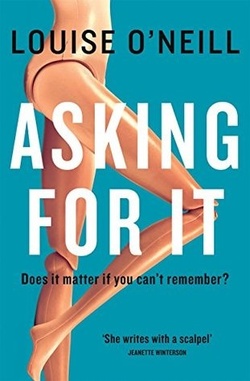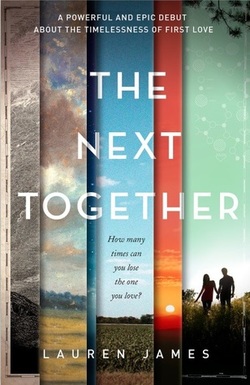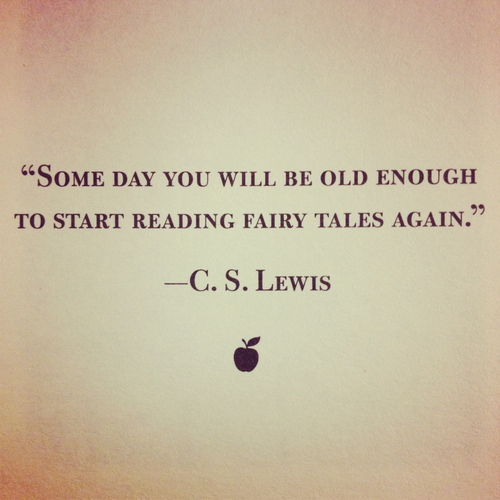
By Louise O’Neill
Published 3 September 2015
Review copy from Hachette Weekend Reads
Occasionally you know that a book is going to be not just a great read, but important, timely and the prompt for much needed conversation. That was certainly the case with Louise O’Neill’s unflinching new book, Asking For It, as everyone in my office was talking about it before it even hit the shelves. It was obvious that in Asking For It, the subject matter needed to be discussed. That being consent, assault, and rape culture in today’s society.
In the press office, I read the newspapers on a daily basis. This sees headlines and small stories tucked away, with case after case of abuse appearing in the papers. The overwhelming presence of rape cases in our news speaks volumes. But this is the tip of the iceberg, and conviction rates are notoriously low.
I attended the final stop at Waterstones Piccadilly on the #NewDayNewNormal tour in which Louise O’Neill talked on a panel with David Levithan and Lisa Williamson. This tour put three of the best YA writers together to discuss some very serious topics addressed in their fiction. As Louise put it, any way that you can amplify the voices of those who have been traditionally kept silent is important. In Asking For It, she takes on the reality of rape culture,'There is still this idea of a 'perfect' rape; but over 90% of victims know their rapists.' – there is also the idea of the perfect victim, as can be seen by the number of times the word ‘intoxicated’ lies side by side with blame in our media.
Emma O'Donovan is eighteen years old, beautiful, confident and in control. One summernight, in her small home town in Ireland, there's a house party. The heroes of the college team are there, as our Emma’s best friends, and she has something to prove. The next morning, she wakes on the front porch of her house. She can't remember what happened, she doesn't know how she got there. She doesn't know why she's in pain.
But everyone else does. Photographs taken at the party show, in explicit detail, what happened to Emma that night. But sometimes people don't want to believe what is right in front of them, especially when the truth concerns the town's heroes...
WHY YOU MUST READ ASKING FOR IT
In creating Emma O’Donavan and making her a fallible human being, Louise has brilliantly challenged her readers. Emma is not a likeable girl. She’s dishonest, manipulative, cruel, places importance on superficial and material things and a whole bunch of other derogatory words often applied to women. Raised by parents who reinforce the value of beauty above all else, Emma is a product of both her upbringing and the patriarchy she wades through daily to reach a position of power and social standing. She was once daddy’s beautiful princess, but she fights for that title every day, all the while envying the perceived successes of her friends. Emma reminded me completely of the girls who scared the hell out of me at school, the biting, confident, cruel to be cool girls who could spot a weakness from a mile away. On every page, O’Neill dares you to think it.
Did you think it?
Did you for one second think…I don’t like her. She deserves it.
Congratulations, you too are a fallible human being, trapped in a society that creates the non-existent perfect victim narrative. O’Neill challenges this, and you, to rip that thought painfully from your mind and expose it in its horrid truth.
No one deserves what happens to Emma. Ever.
This is the forgetting, the bleach and the showers, the next day discovery, the public humiliation, her spiralling thoughts, the blame ever present and never far from being self-destructive.
When Emma’s own parents are unable to comprehend the life changing ramifications of Emma’s attack, and what they can’t help but see as her perceived culpability. The reader is left as Emma’s only true confidant, and exposed we are to the inescapable reality of what has passed.
Rape.
The horrific gang rape performed and documented on social media by lads from Emma’s school, the ones she wants to impress and wants to like her. Her friends, she thought. The golden boys. The concept of dubious consent is a constant battle and the thread of O’Neill’s narrative, as she shows what happens when star football players’ reputations are held in higher esteem that the safety of women. When patriarchy trumps security and Emmaconvinces herself she must have wanted it. When she defends her rapists rather than stir up trouble and stand in the cruellest spotlight. When being intoxicated is deemed by society as giving permission, despite a lack of consensual participation in the act. Asking For It is bold, unforgiving, and refuses to pull its punches.
In Asking For It, a claustrophobic feeling is explored within the small town mentality that forms close knit communities, willing to protect each other but placing a lot on reputation.Growing up in a town where the local football stars were treated as heroes made O’Neill wonder how people would her protagonist. That sense that she would be swallowed up in controversy. O’Neill may give Emma a voice, but the harsh truth is that there is nothing she can say to change what has happened. The story explores an attempt to go on living.
The friendships explored are those of a tight knit group of friends through proximity that schools and small towns enforce, complete with politics and ever shifting power dynamics.Abandoned at first, and then slowly rallied around once the story spreads and gains momentum, O’Neill cleverly zeroes in on isolating behaviour and hypocrisy, exposing it.
O’Neill’s damning indictment of social media explores the power of a click, and how it can destroy you. Be it through the instant upload of an image or the prolonged psychological torture from which there is no escape. Emma’s PTSD is the page next of a facebook photoalbum, the likes and comments of her own self hatred amplified by the vitriol of a society primed to tear down women on a daily basis. The witnessing of her rape by her family, her friends, her neighbours, the world.
Throughout the book we have a fleshy, real picture of the human body, both dressed up and exposed. Emma’s therapist asks her to pinpoint her sense of self in relation to her body. In her mind, she is as far away as she can get. We as humans disassociate from disasters, we say it can’t ever happen to us, we don’t know how to deal with it if it does. O’Neill’s book is brutal, it confronts you, it demands you listen.
Asking For It will leave you shaking with rage, sickened, horrified, and with a layer of denial lifted from your eyes. The question now, is what can we do to change how rape victims are treated?
I want to press this book into the hands of every police member, politician, teacher, lawyer, judge, every boy and girl who laughs off the thought of danger.
There is a song I can’t get out of my head, Ribcage, written by Mary Lambert. She wrote it in furious response to the journalists who used the rape she has candidly spoken about on her own terms as a talking point during a promotional interview for her new album. It demonstrates how easily we forget to listen, and how important it is to amplify voices rather than talk over them.
http://open.spotify.com/track/3skR0ZmbCv01CE4bQQSWKd
http://rapecrisis.org.uk




 RSS Feed
RSS Feed
